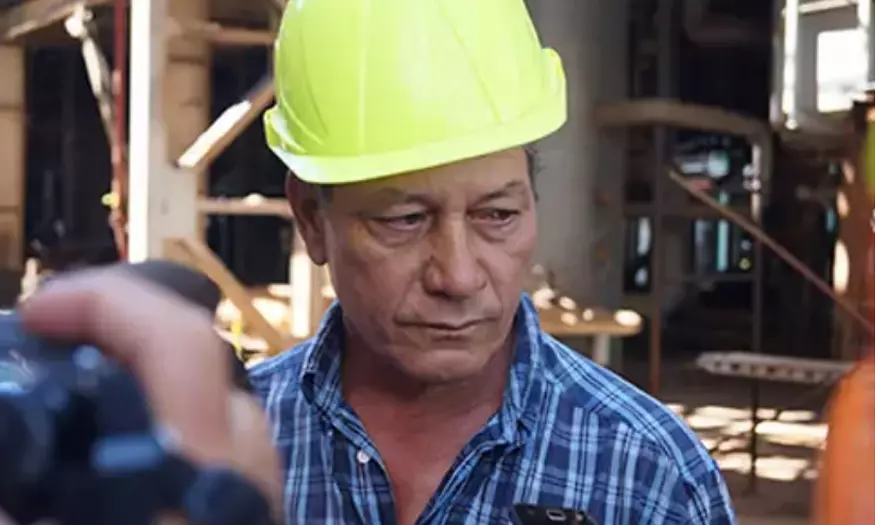Emerio Medina Peña, a resident of the Holguín municipality of Mayarí, won a mention in the short story category in Casa de las Américas Award 2023, for his work Welcome, Mr. Kerry.
Medina deserved this prize in 2010 for his book La bota sobre el toro muerto, for which he was also recognized with the Aldabón de la Periquera, symbol of the city of Holguín.
The book Welcome, Mr. Kerry comprises seven stories among which reading the homonymous piece can be particularly recommended, in addition to the texts The Crows fly at dawn, The man who came to read and Conversation in a cafe in Paris.
In the 64th edition of Casa de las Américas, the Short Story award went to the book “We are all an island”, by the Colombian Luis Felipe Mestre, while La Noche de la casa, by the Venezuelan Esmeralda Torres, also received a mention.
The outstanding Holguin writer has also achieved the City prizes in Literature, the Julio Cortázar Ibero-American Short Story Contest Prize in 2009, the Alejo Carpentier Prize in 2016, among others that give prestige to this region of eastern Cuba.
Casa de las Américas is an organization that was founded by the Cuban Government in April 1959, four months after the Cuban Revolution, for the purpose of developing and extending the socio-cultural relations with the countries of Latin America, the Caribbean and the rest of the world. Originally a publishing house and information center, it has developed into the best-known and most prestigious cultural institution in Cuba.
The organization awards the Casa de las Américas Prize, in several literary categories, and its official journal, Casa de las Américas, has been published since 1961.
The organization was founded by Haydée Santamaría, a member of the 26th of July Movement and one of the few women directly involved in the revolutionary brigades. Under her leadership, it became over the next two decades a physical and cultural refuge for artists and writers who had been persecuted in their homelands for their advocacy of social justice and opposition to military dictatorship.
By Heidi Calderón Sánchez / ahora.cu/en and wikipedia
- Installation of Photovoltaic Systems in Rural Communities in Holguin - 19 de January de 2026
- 39th City Salon Opens in Holguin - 19 de January de 2026
- Habanos Festival Among Cuba’s Most Important Tourism Events - 19 de January de 2026

